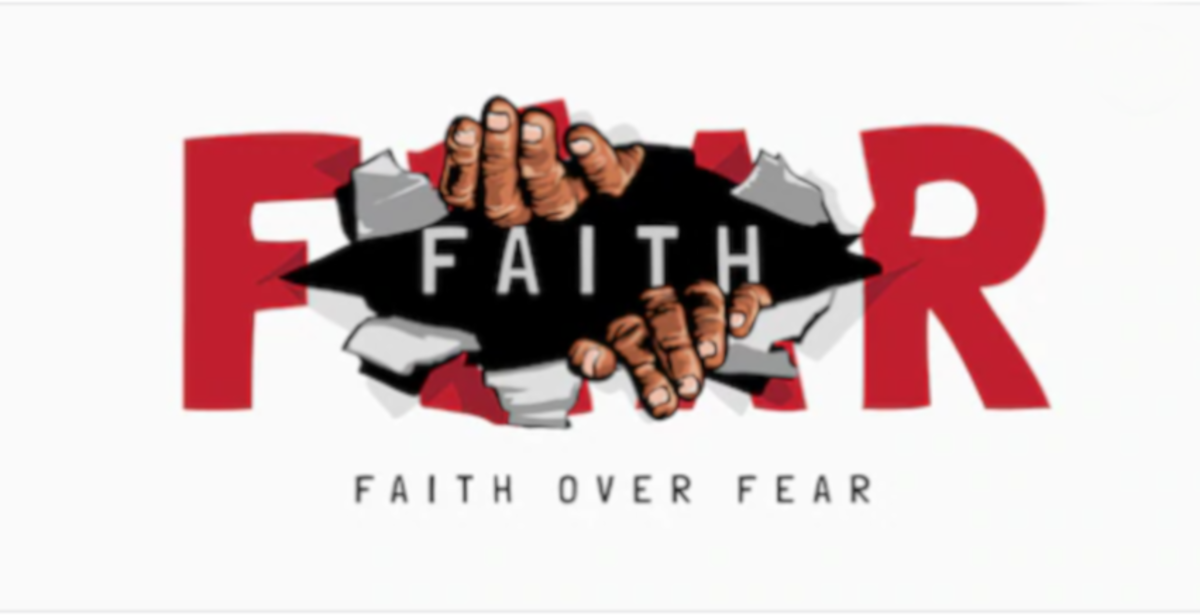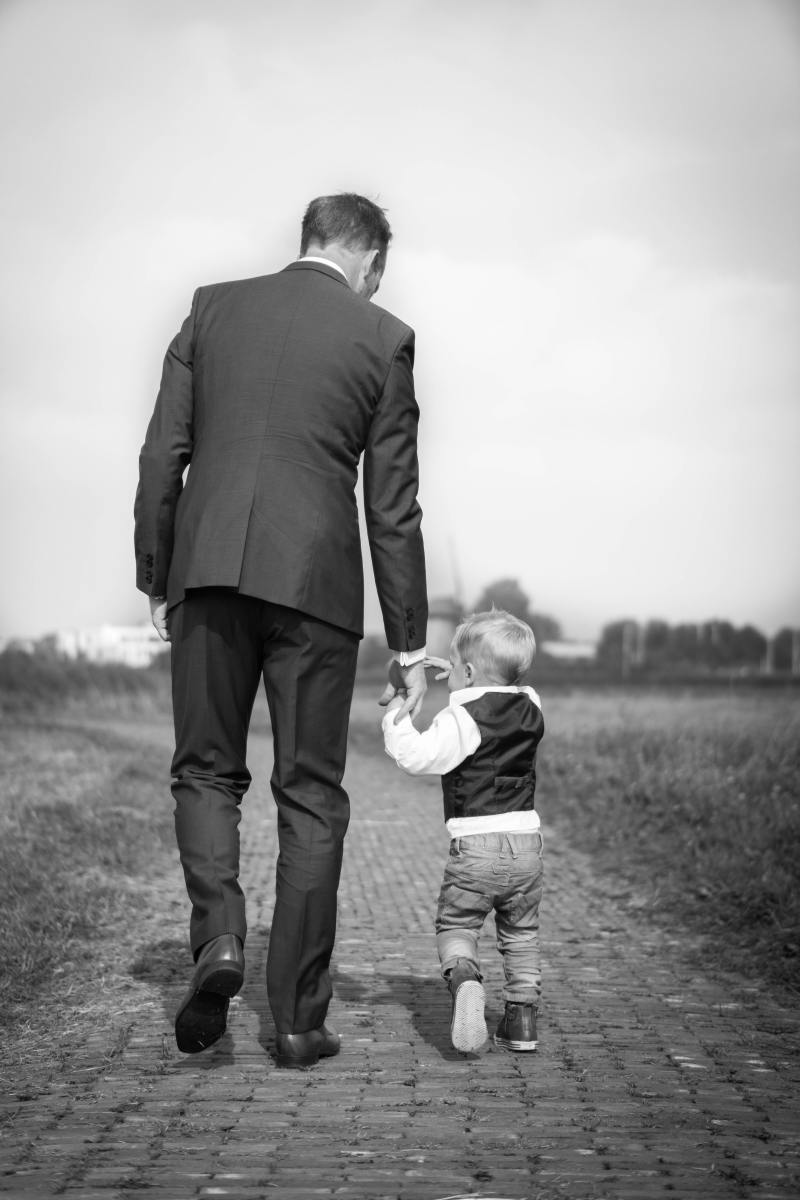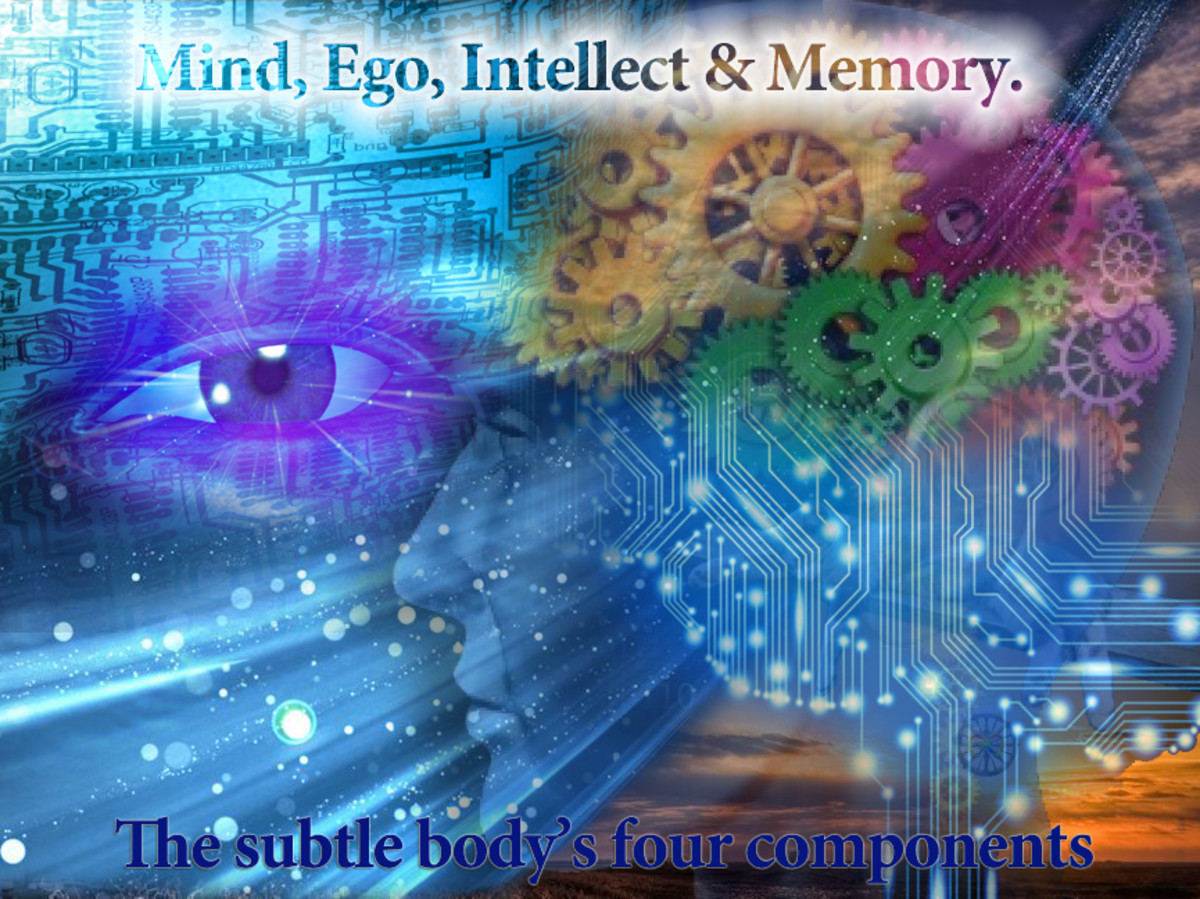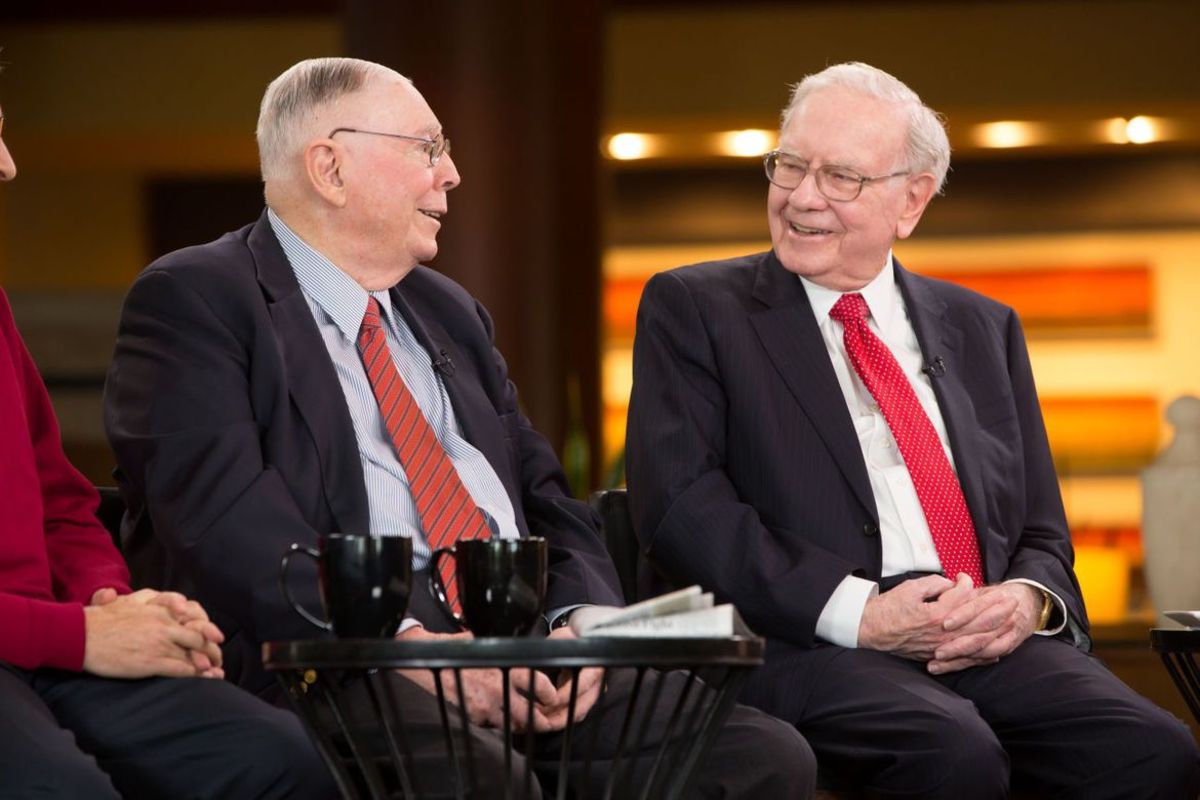Knowledge vs. Wisdom
by Kathy Batesel

All Relationships Can Benefit
Our relationships with others determine how happy we are, how motivated we are, and how we deal with problems in our lives. Wisdom may be the most important tool we have for managing our relationships, yet many of waste months or years because we lack sound wisdom.
With it, we can built better intellectual rapport, intimacy, and trust because wisdom is what guides us to making better decisions.
To allow wisdom to become a guiding force in our lives, we need to understand how wisdom and knowledge are different, see how they can easily be confused, identify our own barriers to gaining wisdom, and take positive steps toward acquiring wisdom.
The Difference between Knowledge and Wisdom
Knowledge refers to factual data. It's the kind of information we can look up on the Internet, learn in a classroom, or glean from our surroundings and what others tell us.
Wisdom, on the other hand, is more complex. It's the accumulation of knowledge plus experience that provides a basis for making good decisions.
Historically, wisdom has been shared among tribes, communities, religions, and families in a way that enabled relationships to flourish. People made their choices based on what was expected of them by their elders, their church, and their leaders even when they did not have personal experience or relevant knowledge about their choices. When their choices violated community wisdom, the community responded negatively.
As our society becomes more complex, we're inundated with knowledge. We have more choices than ever, and we face fewer consequences for making a bad choice. After all, if a church disapproves pre-marital sex, other people won't be judgmental and may encourage such activity.
In our teen and young adult years, knowledge and wisdom may seem like one and the same thing. Even if we have an intellectual understanding of the difference, we can't experience the benefits of wisdom the same way we will when we reach our middle age or senior years, when our knowledge, our experiences, and the principles we've adopted from others have expanded our worldview to accommodate many more complex and difficult scenarios than a younger person has faced during their shorter lifetime.
Our media and schools report on knowledge. We scientifically study everything from the galaxy to the people in it and the cells that comprise all of it. Sadly, knowledge can get passed on as wisdom when it's really simply a kernel of a much larger body of knowledge.
As a result, we often make choices based on knowledge, without having the wisdom to forecast outcomes well.
Knowledge Masked as Wisdom
- We should never go to bed angry at your spouse.
- Talking about what makes us unhappy is the first step toward healing.
- If we could just understand why our partner did something, we'd feel better.
These are a few examples of knowledge that masquerades as wisdom. If we base our behaviors on such mistaken principles, we can lead our own lives astray.
We might believe it's best to be at peace with our partners and not let anger carry over into the next day. Many of us developed this belief with no idea of its source. We heard it in a magazine article or someone said it and we thought, "It sounds logical," and adopted it.
Where did this so-called wisdom originate? It is a verse in the Bible (Ephesians 4:26) that is widely studied and commented by scholars, and which has been used by the psychiatric community to promote a certain ideal that warps its original intention. This essay examines scholarly critiques of the verse's meaning, concluding that the verse's aim is to instruct believers to prevent themselves from giving Satan a stronghold by allowing anger to cause them to sin. "Don't go to bed angry" is a tiny nugget of a much larger piece of knowledge that is available to anyone that picks up a bible or hears it elsewhere, but by itself, it fails to provide context to let us use the information well.
If this belief means we keep our lover awake long after he or she is ready to sleep so that we can "get to the bottom" of things, we might be communicating to them that we don't really care whether they're tired and performing poorly at work. Certainly that's a violation of the golden rule to do unto others as we'd have them do unto us! We did not use our knowledge well because we lacked the kind of context and wisdom that could have shown us how our partner would perceive our behavior.
Let's examine the second example. If talking is the first step toward healing, why do some people never shut up about their bad experiences? They should have become the happiest people on earth by now, but instead, they're the Debbie Downers that we hate to see walking through the door because their misery seeks our company.
Where did the idea of talking as a path to healing come from? Prior to the late 19th century, no such "wisdom" existed. People with psychological disturbances were exposed to heinous methods of treatment or got locked up. Sigmund Freud introduced talk therapy to the world, and in the process spawned an entire industry of psychoanalysis. Today, hundreds of self-help guides promote the idea that talking is the first step to recovery, and many people accept this incomplete piece of knowledge as wisdom.
An extensive survey by Consumer Reports revealed that people felt they benefitted from talk therapy and certain talk-based self-help groups like Alcoholics Anonymous. However, people who had similar problems and sought help from a physician or who didn't seek formal assistance didn't gain the same kind of benefits.
This implies that simply venting isn't productive! Talking may or may not produce progress. It can have an undesired effect if our partner feels hassled, criticized, or manipulated because of our attempts. If we've used the knowledge that "talking helps," without having wisdom that talking helps if it's done by a person motivated to seek change, and with a person who can show them how, we may have spun our wheels in hours of unproductive conflict.
These first two examples demonstrate how small nuggets of knowledge may be passed off as wisdom, yet hurt our relationships when we lack wisdom.
Wisdom, on the other hand, is our ability to use many pieces of knowledge, compare the information to our prior experiences, and use the information well. A wise person understands when to talk, who to confide in, how much to say, what to leave unspoken. A wise person understands that even if a matter isn't resolved tonight, the same issue will be present at another time. Wisdom lets us know when to act and how.
The third nugget of knowledge listed above may be the most damaging to our relationships - that "need" to understand! Before we take a look at how that can hurt us, check out if you can differentiate between knowledge and wisdom in these simple examples:
Can You Recognize the Difference Between Relying on Wisdom or Knowledge?
view quiz statisticsEnduring Cultural Wisdom
Knowledge Doesn't Fix Relationship Problems
When we've experienced something that feels bad to us - a partner's affair, a child's deception, a thoughtless comment from a coworker - we ask ourselves, "Why?"
"Why me?" "Why did she do that?" "Why did he say such a thing?" "Why didn't I see it coming?" We somehow believe that if we gain knowledge, we'll feel better.
We might get the answers we seek, but some things are incomprehensible. We may never understand why someone behaved badly or lied. If we do get those answers, we will have gained knowledge, but that doesn't mean we have obtained wisdom. If we don't, then we must rely on whatever knowledge we have gained and our own experiences of the events in order to develop the wisdom to make good choices.
When we're in the midst of emotional pain, cultural wisdom passed through the ages may provide comfort we need as we develop our own wisdom. These books offer handy help when the chips are down.
Wisdom = Wiser
There's nothing wrong with trying to understand why someone hurt us. Once we have the information we are able to get, we must assign meaning to the experience so it can guide us in the future.
Many of us mistakenly choose to "understand" using knowledge without giving meaning to our own experiences. We deny our feelings and get "stuck" in bad relationship patterns because we deny how traumatic experiences affect us. Our friends and family urge us to make changes, but our attempts don't last long and rarely work.
Others of us prioritize our experiences above all else. We respond strongly without trying to understand and gain knowledge. We have knee-jerk reactions and assign meaning to events without thought. People might call us dramatic or say we over-react. We change partners more often, hop from one job to another, and while we might have many acquaintances, we have few committed friendships that endure the test of time.
When we can integrate knowledge and experience, we achieve a degree of wisdom. With it, we will make decisions that lead to better outcomes. Our relationships will endure longer, and have fewer resentments than if we rely too much on just one area - knowledge or experience.
If we choose relationship partners or friends who aren't good for us, we're making poor choices. When we stay in relationships that consistently hurt, we're making poor choices. If we're frequently unhappy with our relationships, we've made poor choices. In order to make better choices, we must gain wisdom. When we do, we'll make better (though not perfect) choices. After all, there may not be such a thing as perfect wisdom, but improved choices can shorten the duration or degree of unpleasantness as well as produce better outcomes.
Just 2 Ways to Gain Wisdom
There are only two ways to gain wisdom: Through experience, or by adopting others' experiences.
If we haven't been making good choices and want to make better ones, we must do something different. This is especially true for our relationships. If we want our marriage to improve, and haven't found ways to make our relationship better, we can keep using our existing knowledge and use the trial-and-error method of gaining wisdom.
This hit-and-miss approach can waste many years of our lives, yet a high percentage of us prefer to go about gaining wisdom this way.
The faster method involves trusting in the wisdom of others even if we don't believe their suggestions are right "for us." We ignore our parent's words of wisdom, justify our choices when our friends warn us against our own actions, and turn our backs on the voices of experience, only to recognize years later that we'd have been better off if we'd only listened! Using examples from my own life, this table illustrates just how strongly this can impact our lives:
In my 20s, I believed...
| I learned it from...
| I eventually discovered that....
| What could have been different:
| My lack of wisdom cost me...
|
|---|---|---|---|---|
Relationships take hard work.
| Mostly popular media
| It's not true.
| I could have had happier relationships.
| About 15 years of unhappy relationships.
|
Problems need to be solved ASAP.
| Popular media and schooling
| It's only true sometimes.
| I wouldn't have pressured my partners.
| Many unhappy grudges over many years.
|
Talking promotes healing.
| Popular media and individual counseling
| Talking can help, but can also be harmful.
| I could have focused more on positives.
| Too much to describe here!
|
Now that I've reached middle age, I consider wisdom that I ignored and the experience that has built my wisdom. I ignored people who said, "You two aren't compatible" about my relationships instead of learning what they were seeing and why they came to their conclusions. Instead, I believed the "knowledge" that said relationships take hard work as evidence that we were doing the "right" things by hammering at our problems.
By pounding away at those problems, I ignored the people who advised me that I was being "too intense." Instead of asking what they meant, or what effect they thought my intensity might have, I relied on knowledge alone: solving problems was a good thing to do. I had no idea that I was being pushy, dominant, and controlling, but my partners were quite aware of the fact and knew quite well how it made them feel about me.
And boy, did I talk! I told everyone who cared to know (and probably a few who didn't care at all!) about the things that made me unhappy. Somehow, all this verbal diarrhea failed to heal my pain. If I'd paid attention to the few people who tried to intervene and tell me I was hurting myself by revealing too much personal information, it would have saved me a lot of nasty experiences in my relationships and workplace, but alas, I "knew" better than they did.

Offshoots on Related Topics
- A Mans Guide To Understanding Women
women are strange creatures indeed, the change their minds as often as they breath in and out. - A Red Flag Means STOP!
Recognizing relationship red flags early on can help you avoid traumatic endings. - Top 3 Mistakes Women Make in Relationships
Three common mistakes women make to improve their relationships can sabotage them instead. - "The only real wisdom is knowing you know nothing" S...
The author examines the words of one of her heroes:
Barriers to Building Wisdom
One of the biggest obstacles to achieving wisdom is our own ego. We have knowledge, and assume that we have enough information to take sound action. The problem is, we don't know what we don't know.
Some of us recognize the need for more information and go looking for it. We surf the Internet, post on message boards, and confide in friends. However, we rarely examine whether those sources are providing us wisdom or knowledge.
Another obstacle is our way of seeing, perhaps the most difficult barrier to overcome. I described above how it interfered with my own progress. Now let's change gears and imagine a teenager who has been introduced to alcohol by her friends at school. Her father is a recovering alcoholic who regularly talks about how tough it was for him to get and stay sober, and she bristles because he has told her she shouldn't drink, that she could become an alcoholic, too. She has also heard that children of alcoholics stand a greater risk of alcoholism from her health classes.
Instead of seeing her father as a source of experience (wisdom), she views his information, the school's information, and her friends' information as all having equal validity even though they present conflicting information. Although she has the knowledge that she's at a higher risk of developing an addiction, and although she remembers the bad things that happened when her father still drank, she chooses to get drunk on weekends. She sees her friends as having more worthwhile experience without considering that his experiences took place with many more people and over a longer period of time than her pals who started experimenting with alcohol six months ago. She adopts her friends' brief wisdom rather than her father's extensive wisdom.
We don't know what we don't know, and our way of seeing others can block us from using their wisdom so we can make wise choices.
To develop wisdom with less pain in our lives, I recommend finding trusted sources who have extensive knowledge, understanding, and experience under their belt when we seek advice. If we turn to people who are lacking one or more of those things, we will get unwise advice. It's that simple, and that difficult.
We Must Have Faith to Adopt Wisdom
Once we identify a person who has found a path to where we want to be, we must accept what they say and base our actions on their viewpoints. Doing so requires faith that we'll be ok with the results, that we'll survive and can go back to our own choice later if we feel a need to change. It may feel alien and uncomfortable at first, but in doing so, we still gain much-needed experience and wisdom with less pain along the way. Here is some wisdom I want to share with you:
About fifteen years ago, I decided to watch and learn from couples who have been married for at least 30 years and feel happy with their relationships. If I have a problem, I ask myself what they would do if they faced something similar. When I can't answer the question, I ask casual questions that help me get to the answer. In some cases, I might get very direct and explain my problem, but only if I'm close to them and recognize that they won't feel pressured by my inquiries (now that I've gained some wisdom about oversharing!)
This has allowed me, after many years of gaining wisdom in a lonely, time-consuming way, to make huge improvements in less time. My relationships immediately had less conflict as I discovered how my role models handled so many of their everyday problems. It didn't solve all the problems that have crossed my path - I imagine those will keep on coming - but it has allowed me to become a grounded woman with more confidence and inner peace than I ever had before.
This article is dedicated to those special people: Don and Judy W., Carmen S., Joe and Gloria, and W.W and his wife Ann, thank you!









